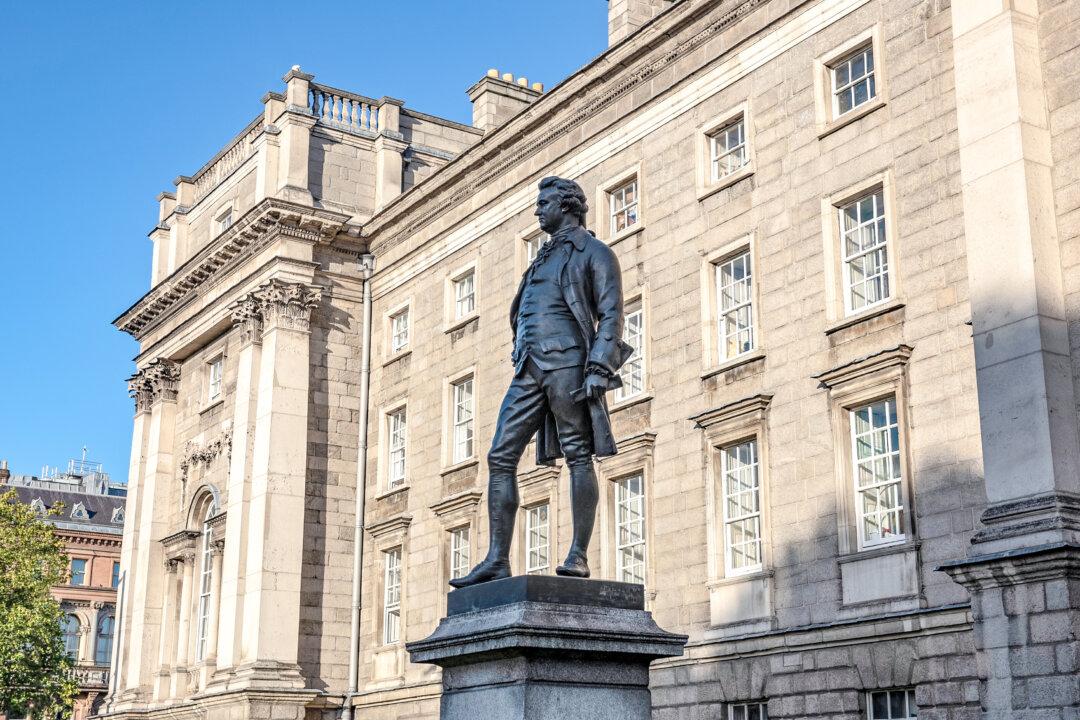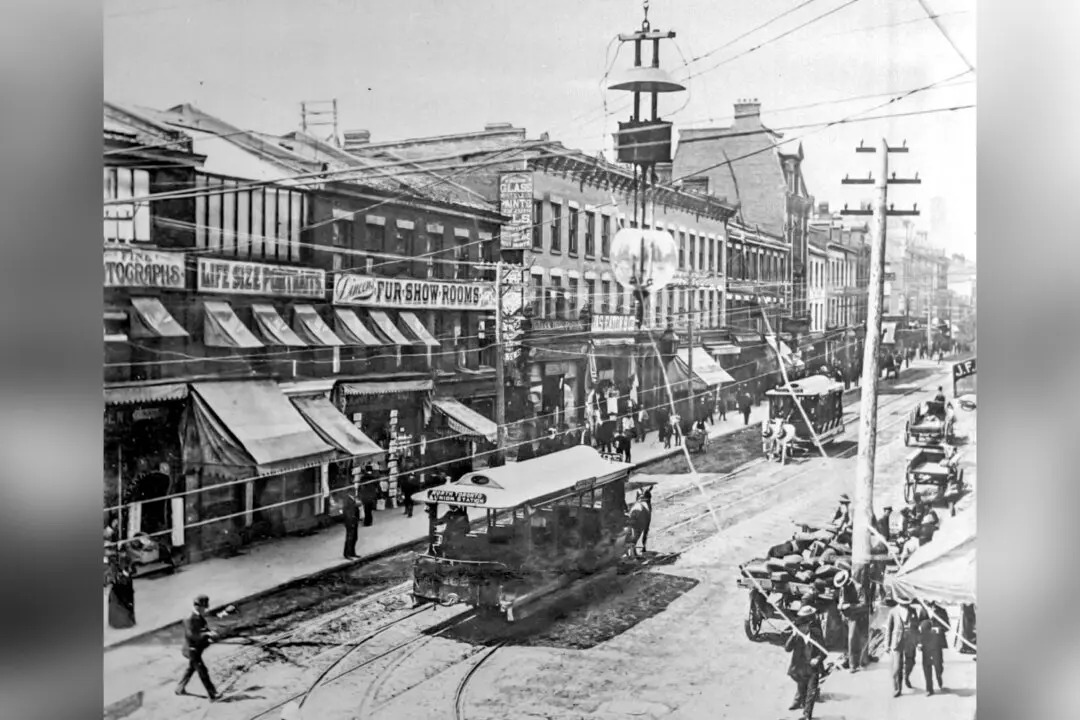Commentary
Conservatism is a school of thought that resists a systematic philosophy. While other political creeds such as socialism, communism, Islamism, or fascism can point to thinkers who have produced works of definitive theory to guide their followers—Karl Marx and “Capital,“ Sayyid Qutb’s ”Milestones,“ and Benito Mussolini and his ”Doctrine of Fascism,“ for example—conservatism mistrusts theory and grand schemes.





